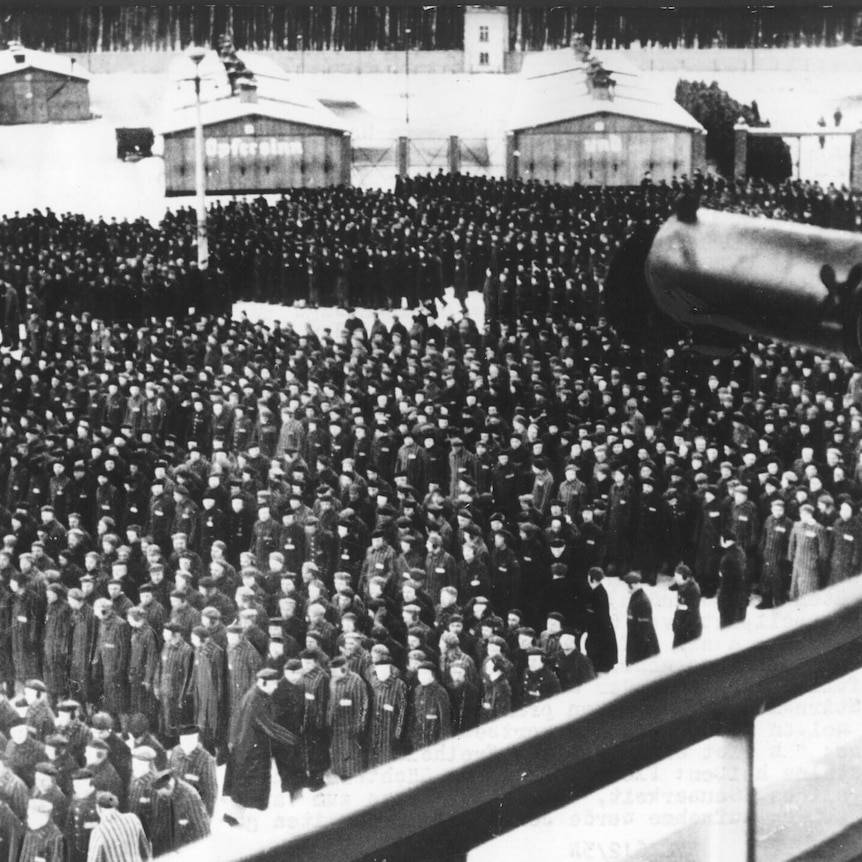Names of 425,000 Suspected Nazi Collaborators Published Online
From:Aleks Phillips, BBC News
The names of approximately 425,000 individuals suspected of collaborating with the Nazis during the German occupation of the Netherlands have been published online for the first time. These records, previously accessible only at the Dutch National Archives in The Hague, were digitized with the assistance of the Huygens Institute.
The archive details investigations carried out under the Special Jurisdiction legal system established near the end of World War II. While over 150,000 people faced punishment, only 15% of cases went to court, and around 120,000 were dismissed, according to Hans Renders, a history professor at the University of Groningen. The files include suspected war criminals, members of the Dutch Nazi party (NSB), and Dutch citizens who joined the German armed forces. However, the archive also contains the names of those later found innocent.
The online database provides limited information, including names, birth dates, and birthplaces, but does not disclose guilt or the nature of collaboration. Users must visit the National Archives to access further details, with proof of legitimate interest required.
Concerns about privacy and the sensitive nature of these records have limited the scope of the online publication. Thomas Bottelier, a historian at Utrecht University, noted that the Dutch approach has been more restrictive compared to other European countries. Meanwhile, Culture Minister Eppo Bruins has proposed changes to allow greater transparency, emphasizing the importance of confronting the Netherlands’ shared past.
The database excludes individuals who might still be alive, and visitors to the physical archive are prohibited from making copies. Some worry about the social impact of making such information available. For instance, Rinke Smedinga, whose father was an NSB member, expressed fears of backlash. Research indicates lingering discomfort in Dutch society regarding collaborators' descendants, with many perceiving the subject as a taboo.
Despite these challenges, historians hope the archive will encourage dialogue and understanding. "Collaboration is still a major trauma," said Renders. "Opening these records might finally break the silence.


